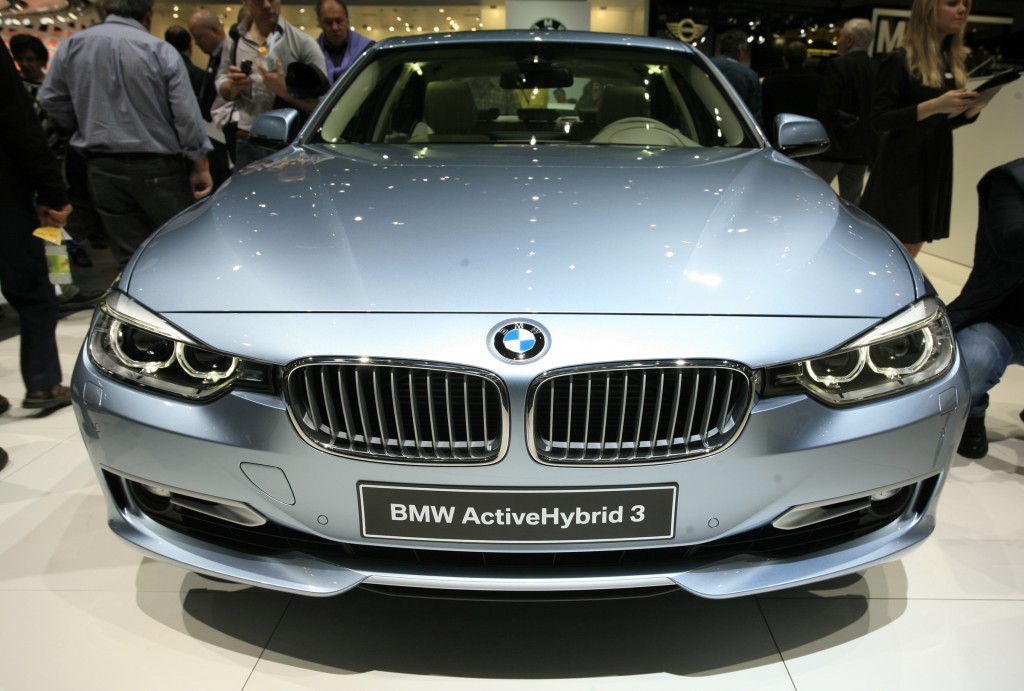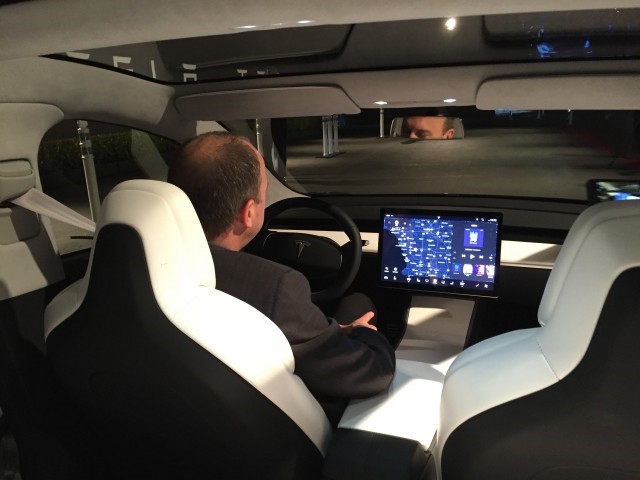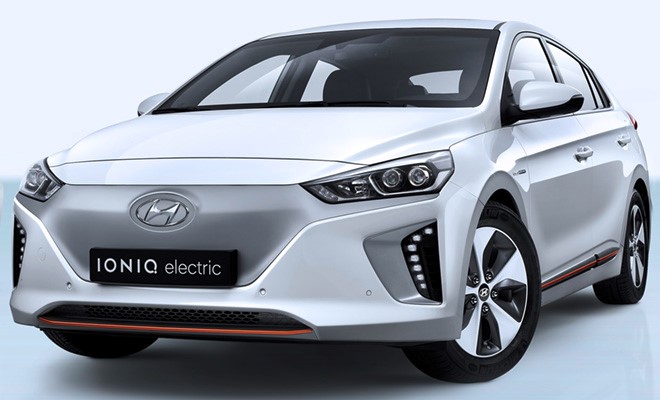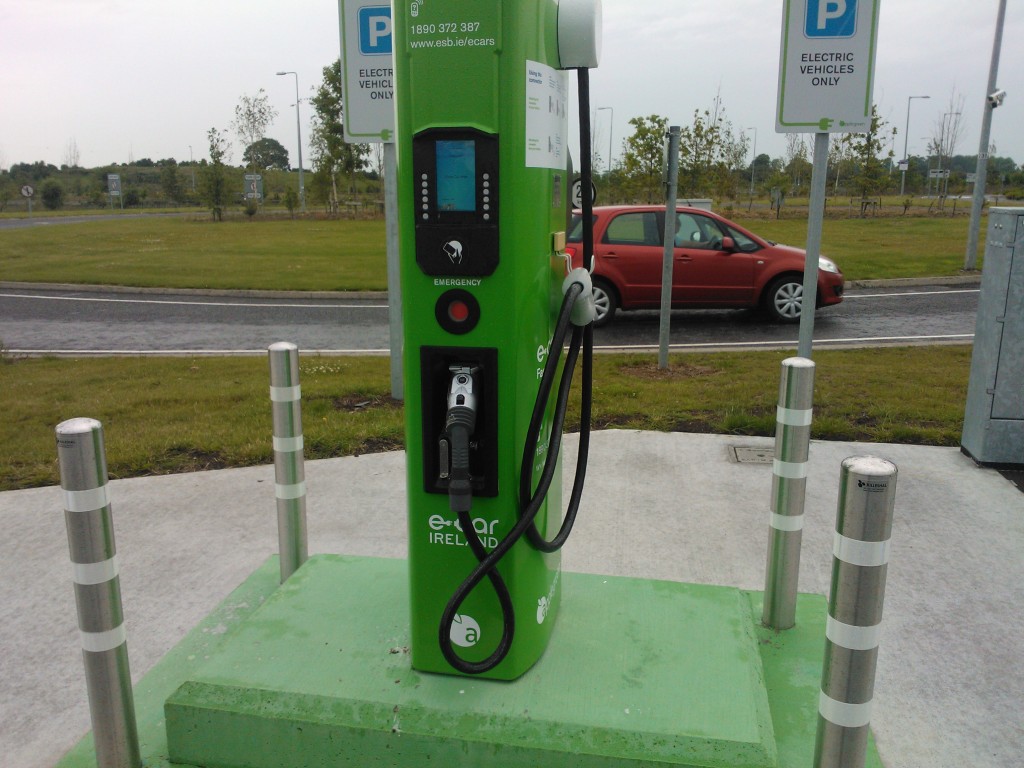The costs involved in owning a hybrid vehicle are different than those associated with a conventional petrol or diesel vehicle. For a start, the upfront capital 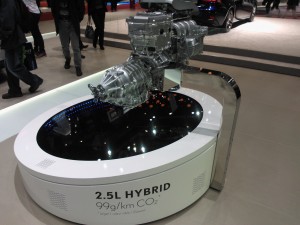 cost of a hybrid tends to be higher than for a non-hybrid petrol or diesel car, whereas running costs, such as fuel, maintenance, car tax etc. tend to be lower.
cost of a hybrid tends to be higher than for a non-hybrid petrol or diesel car, whereas running costs, such as fuel, maintenance, car tax etc. tend to be lower.
The purchase price for most hybrid cars in Ireland are 15%-25% higher than their non-hybrid petrol and diesel equivalents. Typically, for a new car, the additional purchase price is in the range of €3000-€4000 on a €19,000 model, and €4000-€7000 on a €26,000 model.
The additional capital cost is a reflection of the price of the hybrid drive-train which adds complexity and requires a higher quality operating battery. It should be noted that ‘mild’ hybrids, which can be considered as electricly assisted vehicles without the capacity to operate soleley on electric power, tend to be less expensive than ‘strong’ or ‘full’ hybrids. “Full hybrids can operate on a conventional engine, on electric only, or a combination of both power sources to produce the most energy effecient output whilst still having the ability to offer some level of performance expected for a car in it’s class.
The running costs for a hybrid tend to be lower, typically 10-20% on both fuel and road tax. Maintenance costs are in line with a similar car in it’s class but would tend to increase over time as their are more complex components involved should they need replacing with age. Depending on the age and condition of the car, the resale value also tends to be better than a non-hybrid.
Manufacturers such as Toyota and Honda strongly believe that hybrids and Plug-in-Hybrid’s are the way forward in bridging the gap between the conventional petrol and Diesel engine and electric power and are committed to developing hybrids across their range.
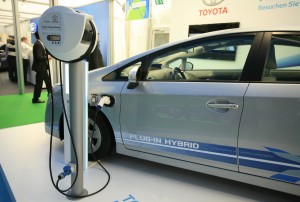 As more hybrids become available from manufacturers over time, the cost of a hybrid will reduce. That siad, recent research suggests they will remain more expensive for at least another 20 years as non hybrid models will be priced more competitively.
As more hybrids become available from manufacturers over time, the cost of a hybrid will reduce. That siad, recent research suggests they will remain more expensive for at least another 20 years as non hybrid models will be priced more competitively.
But the lure for hybrid will not just be in it’s purchace price or the technology involved, but in it’s lower running costs and in order for hybrid vehicles to stay competitive they must produce economies worthy of their expense.
